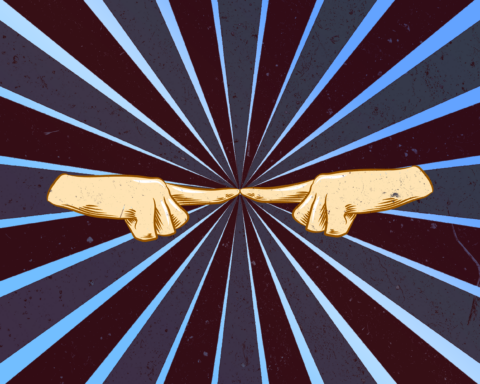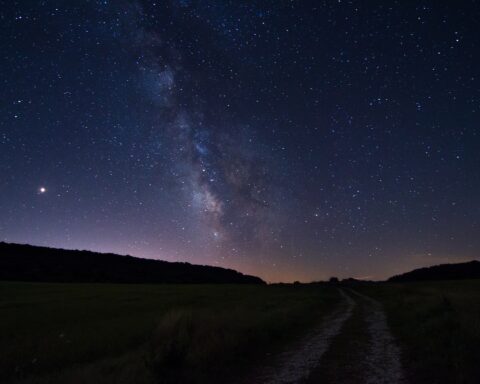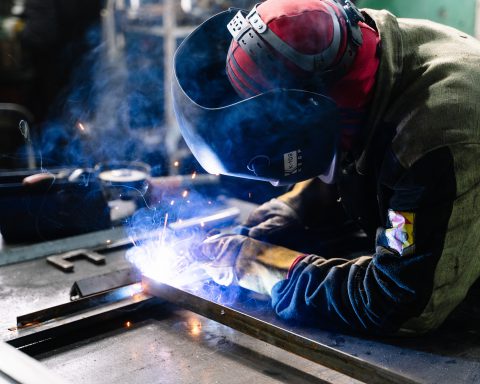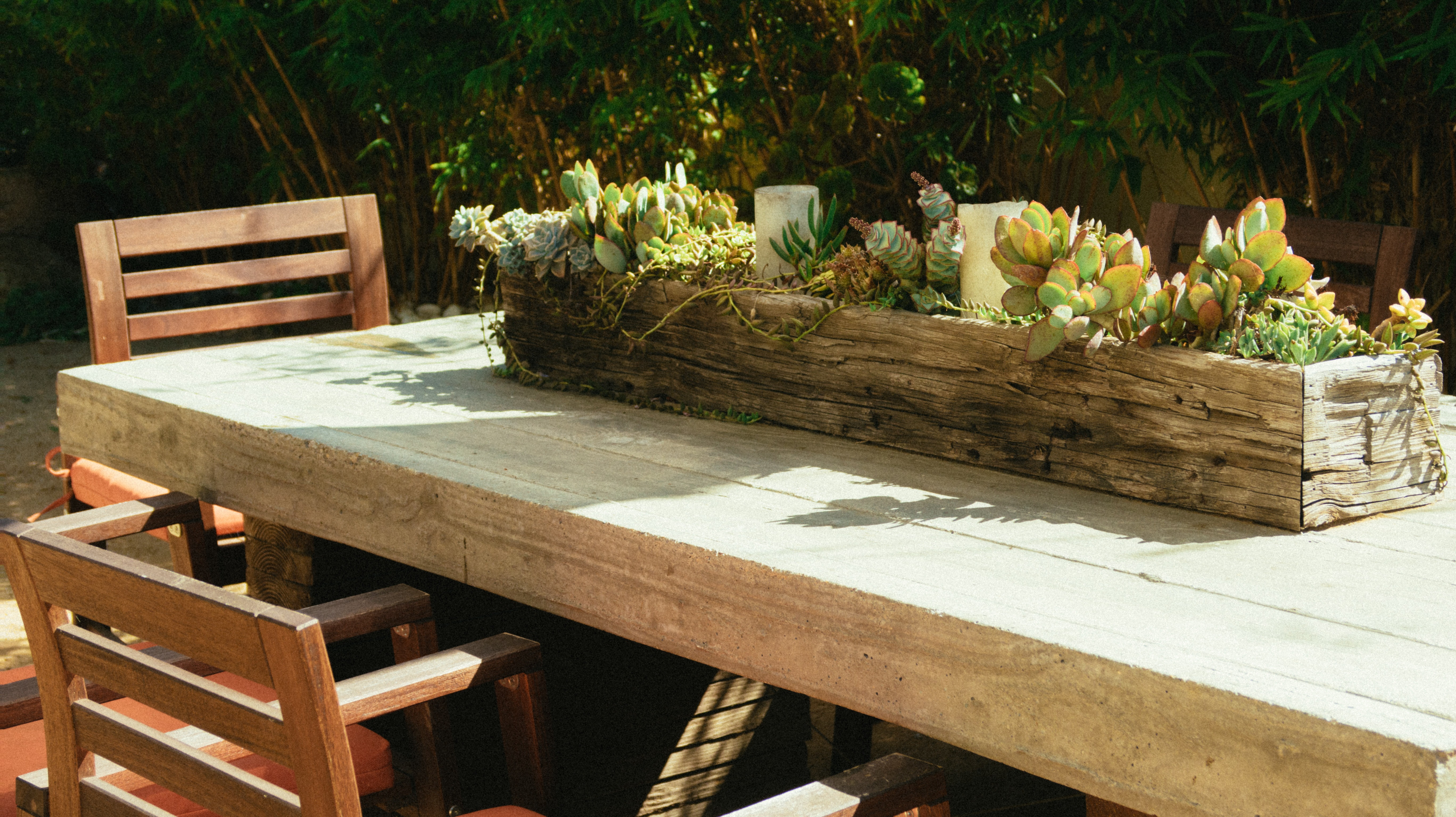From Chicago 1968 to Today

The brilliant PBS series The Vietnam War, produced by Ken Burns and Lynn Novick, has been well reviewed and captured the attention of the viewing public—at least the segment of the viewing public that watches PBS. The series provides important context, especially about how the war was experienced in North Vietnam, and for many the series is profoundly personal—it is for me.
I have only been able to watch the series intermittently, but on a recent night when I was able to watch an entire episode, I found the images on the TV screen haunting and disarmingly familiar. The episode wove a story line among soldiers fighting and dying in a jungle war, politicians in suits angling for power, and protesters in the streets and on campuses. It was compelling, depressing, and oddly familiar. I was particularly moved by the story and images of demonstrations at the 1968 Democratic national convention in Chicago. Why? Because I was there. As I watched the black-and-white images of police and protesters clashing in the streets, my memory stirred and was drawn back in time almost fifty years.
___________________________________________
My theological understanding of Jesus, his life and particularly his death would change over the decades, but what has not changed is my belief that loving my enemy meant not fighting in war.
___________________________________________
In August 1968 I was in Chicago with a friend to protest. We hitchhiked from New York City and planned to continue to California. I was about to turn twenty and had just flunked out of college. I was an indifferent student who skipped taking final exams to work in Trenton New Jersey on the Eugene McCarthy campaign. I had absolutely no idea what I would do next and really didn’t think much about it. I fully trusted that the future was in God’s hands. I was the product of a Presbyterian youth group, which led me to take my relationship to Jesus seriously—very seriously. My home church reflected its suburban, white ethos and presented a “cultural” Christianity that was not politically or socially engaged. I was seen as a rebel. But following Jesus was the center of my life, and I wanted to be faithful. As a twenty-year-old I believed that the Jesus who died for me did not want me to kill people, plain and simple. My theological understanding of Jesus, his life and particularly his death would change over the decades, but what has not changed is my belief that loving my enemy meant not fighting in war. I was a young, idealistic Christian pacifist. That is why I was in Chicago.

Lincoln Park, Chicago (1968).
My friend and I ended up crashing at a church for a night before being welcomed to an older woman’s apartment for the next two. We protested each day, hanging out in Lincoln Park. One day we ran into Alan Ginsburg leading a chant. (I never would have imagined that a few years later we would share a neighborhood, nor that I would work for his first publisher).
My memory of those three days in Chicago is cloudy except for the last night, the night before the climax of the convention: the nomination of Humphrey. I remember that night vividly. There was a march near the convention. We were chanting the usual anti-war chants:
“Hey, Hey, LBJ, how many kids did you kill today?”
“One, two, three, four! We don’t want your ******* war!”
Ho, Ho, Ho Chi Minh! The NLF is going to win!”

Lincoln Park, Chicago (1968)
I remember seeing that the police were coming toward the crowd when someone threw a brick at a parked police car, shattering the windshield. The police rushed the crowd, swinging clubs and shooting tear gas canisters. We ran down a side street with the police running after us. I wasn’t thinking—just running to get away. I recall the sound of police clubs on the bodies of those running behind me, which made me run faster. I heard screams, smelt tear gas, and ran faster and faster. Finally we stopped and were safe…and I saw the bloodied faces of our comrades.
My friend and I were scared out of our minds, and decided to leave town the next morning, before the biggest of the protests. The woman we stayed with drove us to a freeway ramp. A few days later we were in Bolder Colorado, staying with a former pastor and his wife. I learned of his opposition to war as he affirmed our protest and pacifism. It was a blessing I did not anticipate.
Watching The Vietnam War on TV brought back the memories of hearing and seeing people being beaten. It reminded me that in 1968 when I was twenty the world was divided between “us” and “them”. As a long-haired anti-war hippie, I saw the police and mainstream America as “them”. It was clear. At twenty I was afraid of the police. They were the enemy. As time rolled on I cut my hair and looked like anyone else my age. I didn’t stand out and no longer had real reason to be afraid; nothing in my appearance makes me a target today. All I had to do was visit the barber and change clothes. (This was not true for my black sisters and brothers. In too many places, they are still ready targets for no reason except race.)
___________________________________________
I think my younger self has a lesson to teach the person I have become about how to look at the future.
___________________________________________
I was in Chicago because following Jesus meant I engaged the world and cared about peace. My faith is not as simple and innocent today, but similar core impulses guide my ministry today. When I stuck out my thumb the morning after the violent demonstration in Chicago, I had no idea what the future would bring to my movement comrades, to the country as a whole, and to me personally. The future was open, unclear, and uncertain. Looking at the documentary I find myself similarly unclear about where this country is going in 2017, about what the future will demand of those of us who are the remnants of “the movement”. On a personal level, as I approach seventy I am not all that clear about what shape my personal future will take. In 1968, living with an uncertain future as a Christian-Hippie-anti-war activist and pacifist was all I knew. It felt normal. I lived in the moment, fully engaged, being present with what was going around me. I walked into the future one step at a time, and doing what made sense, what felt right, with no real plan.
I think my younger self has a lesson to teach the person I have become about how to look at the future.
In the days and months after Chicago, I wondered if the country would ever heal. Perhaps the wounds would infect everything. When I got back to the east coast I had recurring dreams of being chased down the streets of Greenwich Village by police on black horses swing clubs. I woke up afraid.
When I was twenty, sometimes I wondered if there would be a future. At times, at almost 70, I wonder that again. How will we heal the divide? Will the taunts exchanged by the American president and North Korean dictator bring down the last curtain on life as we know it?
Chicago in 1968 was intense, a rush that comes from lack of sleep, from moving in big crowds, from little food and extreme focus.
___________________________________________
Watching The Vietnam War reminds me of what has remained constant throughout this struggle.
___________________________________________
That August in America political hope was in short supply for those of us in the counter-culture. In the six months before the convention, we witnessed the assassination of Dr. King and Bobby Kennedy; the year before, it was Malcom X. The politics of hope and peace embodied by Eugene McCarthy and Bobby Kennedy were overtaken by the politics of the status quo in Hubert Humphrey. The system seemed rigged. Like others I was soon drawn to alternative life styles outside the establishment, music and nature. A year after Chicago I moved to Waverly Place in Greenwich Village where in Bob Dylan’s well-worn phrase, “There was music in the cafes at night and revolution in the air.”
My story is only a small footnote to The Vietnam War. The brutality of war renders me speechless, sad and angry. As a pacifist and one who disagreed with the politics of this war I respect and honor those who fought out of love for this country and its people. But in 2017 I still protest and resist. I try to live the belief that the arc of history is long but moves in the direction of justice. The political realities of 2017 make that statement harder to believe, yet I still do.
My Chicago story is about how part of my identity today was forged in the movements of the late nineteen sixties. It is about a movement, about the very human rhythm of losing hope and finding it again, a rhythm that is repeated over and over across history.
Watching The Vietnam War reminds me of what has remained constant throughout this struggle. My theological understanding is different from when I was twenty, yet my life is still grounded in the confession that Christ is Lord and a deep mystical belief that “nothing separates us from the love of God in Jesus Christ.”
Editor’s Note: Presbyterians were engaged with the political and moral discussions about the Vietnam War throughout its duration and beyond. From the Advisory Committee for Social Witness Policy, PC(USA), here is a list of Social Witness Policy statements on the Vietnam War by the General Assemblies of two Vietnam-contemporary denominations: the United Presbyterian Church in the United States of America (UPCUSA) and the Presbyterian Church in the U.S. (PCUS).
***
Author Bio: David R. Brown is pastor of the Immanuel Presbyterian Church in Tacoma, Washington. Before his ordination and service in congregations in Green Bay, WI, and Federal Way, WA, he worked in the book business in Manhattan, NY, New Hope, Pa, and Spokane, WA; he then taught part-time at Whitworth College. Dave created and hosts the award winning Blues Vespers at Immanuel and makes presentations about interfaith with Rabbi Ted Falcon and Jamal Rahman (The Pacific Northwest Interfaith Amigos.)






Unbound Social